In a move that has sent shockwaves through the travel industry, former President Donald Trump has officially approved a 20% tax on anyone who flies more than twice per year.
The new policy—called the Sky Privilege Fee—will begin a phased rollout starting April 15th, with full airline integration expected by early summer and full enforcement by January 2026.
Is this just another way to squeeze hardworking Americans?
And more importantly—who will be exempt from paying?
Keep reading to find out.
“You Fly a Lot, You Pay a Lot” – Trump’s Justification
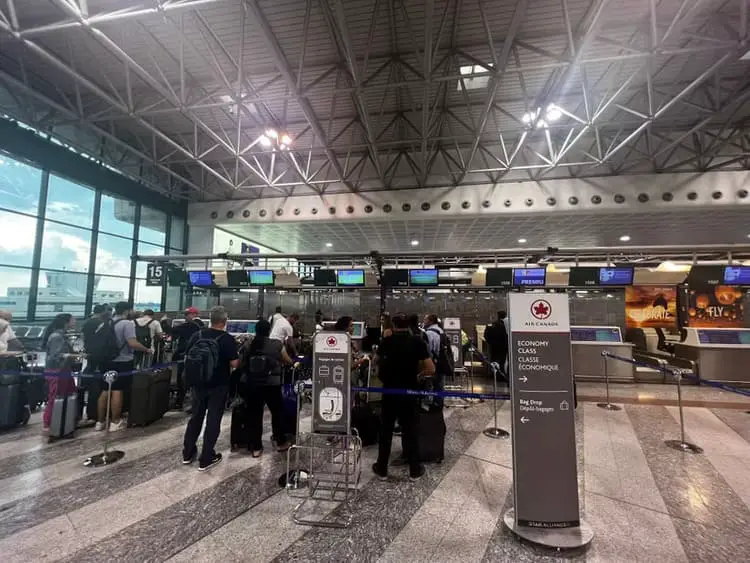
Trump took to social media to defend the decision, stating:
“We’re going to make air travel great again by making sure everyone pays their fair share. You fly a lot, you pay a lot—simple.”
According to insiders, Trump has been considering ways to curb frequent flying for months, citing environmental concerns and the need for “more respect for American airspace.”
He reportedly believes that charging a “fair tax” will help reduce congestion at airports, lower carbon emissions, and encourage people to appreciate local travel instead of jet-setting around the world.
While supporters of the tax claim it’s a “bold step for sustainability,” critics argue it’s an unnecessary punishment for travelers who rely on flying for work, family visits, and emergencies.
How the Frequent Flyer Tax Works
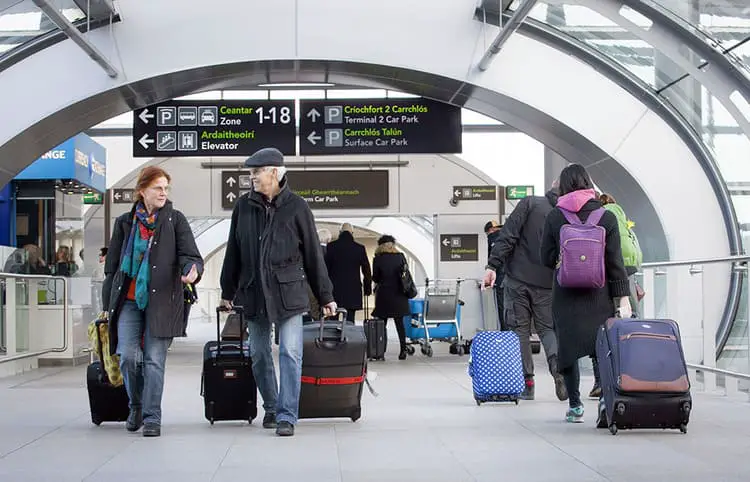
The new Sky Privilege Fee applies to any passenger who takes more than two flights per calendar year—yes, even if they’re just short domestic trips.
Once a traveler completes two flights and books a third, the 20% tax will automatically be added to the base fare of that and all future tickets.
Here’s a breakdown of how it works:
- First and second flights of the year: No tax.
- Third flight onward: A 20% tax on the base fare of every ticket.
- Applies to both domestic and international flights.
Example: Let’s say a traveler has already taken two short domestic trips earlier in the year. Now, they’re booking a third flight—a round-trip from Chicago to Miami, with a base fare of $500. Under the new rule, they’ll pay an extra $100 in tax (20% of $500), bringing their total to $600—before any baggage or seat fees.
While many airlines and travel groups have voiced concern about the policy’s impact on tourism and business travel, Trump’s team argues it will “level the playing field” and ensure that frequent flyers contribute more toward airspace and airport maintenance.
How the Frequent Flyer Tax Will Be Rolled Out
According to documents released by the Department of Transportation, the new Sky Privilege Fee will be introduced in three phases throughout the year, allowing both airlines and passengers time to adjust.
Phase 1: Airline Integration (April – June 2025)
- Airlines will begin tracking each passenger’s annual flight count based on ticket bookings tied to government-issued ID or frequent flyer number.
- Beginning April 15, airlines will begin applying the 20% Sky Privilege Fee to travelers booking their third flight of the calendar year or beyond
- Airlines will also update their apps and websites to include a “Flight History Tracker” to help travelers monitor their usage.
🔍 Insider note: Industry insiders say the systems already exist to track loyalty miles and can easily be adapted to monitor flight volume.
Phase 2: Government Oversight (July – October 2025)
- The IRS and Department of Transportation will begin sharing flight data with airline partners to ensure compliance.
- A new form—FT-1 (Frequent Travel Disclosure)—will be optional for 2025 taxes but may become mandatory by 2026.
- Travel agencies and third-party booking platforms like Expedia and Google Flights will be required to flag travelers who exceed the two-flight threshold and include the fee in the final booking price.
📌 According to officials, this phase aims to create “seamless accountability” between travelers and federal systems.
Phase 3: Full Enforcement (Starting January 2026)
- At this stage, all major airlines will have fully integrated the Sky Privilege Fee across their booking systems.
- Frequent flyers will receive annual tax summaries showing total flights, fees paid, and possible deductions (for exempt groups).
- Passengers flagged for “repeated noncompliance” (e.g., booking under different names or using multiple accounts) may face penalties or fare adjustments during check-in.
- TSA PreCheck and Global Entry systems may also include a flight count badge, allowing agents to verify travel history during identity screening.
🚨 A DOT spokesperson confirmed that this final phase will help close loopholes and ensure fairness across all fare classes and routes.
Backlash From the Travel Industry
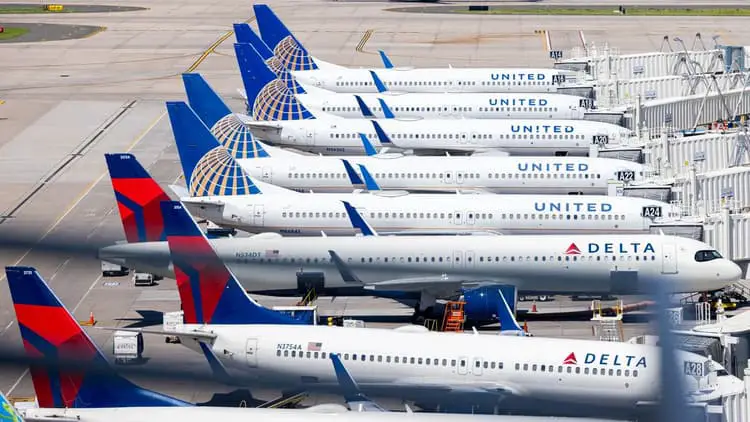
Not surprisingly, airlines, travel agencies, and frequent flyers are furious about the new tax. Many industry leaders believe this move will discourage air travel, harm tourism, and create unnecessary financial burdens.
One airline executive, who spoke anonymously, stated:
“This is one of the most ridiculous policies we’ve ever seen. Taxing people for simply flying more than once a year? What’s next—charging extra for breathing too much oxygen on the plane?”
Travel influencers and bloggers have also criticized the decision, arguing that it targets middle-class travelers while allowing the wealthy to continue flying without issue.
Meanwhile, some passengers have already started looking into loopholes to avoid paying the tax—such as booking one long multi-city flight instead of several separate trips.
Who is EXEMPT from the Frequent Flyer Tax?
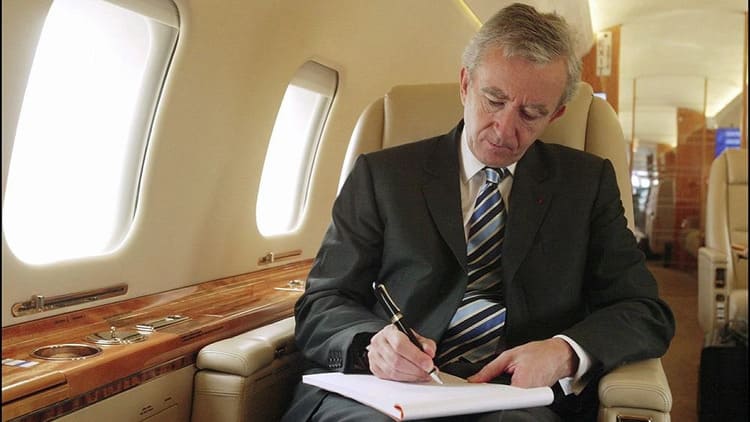
While most travelers will be affected by the Sky Privilege Fee, certain groups have been granted exemptions from paying. Here’s who won’t have to worry about the tax:
- Passengers Under 18 and Over 65
- Military Personnel and Veterans
- Flight Attendants and Pilots
- Business Class and First-Class Passengers
- People Who Haven’t Flown in 10+ Years
- Parents Traveling with 3+ Kids
- Government Officials and Politicians
- Private Jet Owners
These exemptions have sparked even more controversy, with many arguing that the wealthy and elite are being let off the hook while everyday travelers get penalized.
Final Thoughts – Happy April Fool’s!
If you’ve made it this far, congratulations—you’ve just survived an April Fool’s prank!
There is no Frequent Flyer Tax, and Trump isn’t introducing a “Sky Privilege Fee” (at least, not yet!).
But admit it—for a second, you almost believed it.
Enjoy your travels, keep flying, and Happy April Fool’s Day! 🎉
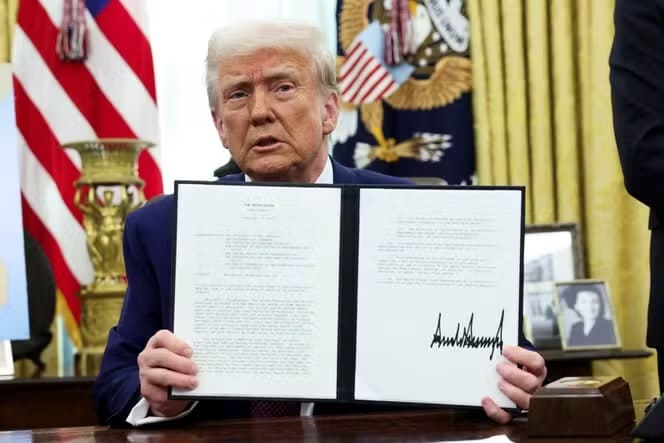
You can tell it’s a joke because one of Trump’s arguments in favour was for “environmental reasons”. He would NEVER say that.